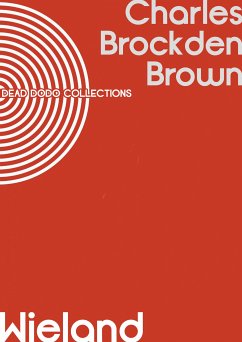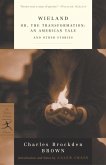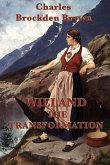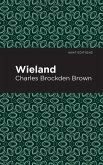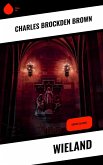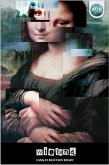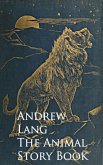Wieland, is the first major work by Charles Brockden Brown. First published in 1798, it distinguishes the true beginning of his career as a writer. Wieland is the first - and most famous - American Gothic novel. It has often been linked to Caleb Williams by William Godwin. Godwin's influence is clear, but Brown's writing is unique in its style. Wieland is often categorized under several subgenres other than gothic fiction, including horror, psychological fiction and epistolary fiction.
Set sometime between the French and Indian War and the American Revolutionary War, Wieland details the horrible events that befall Clara Wieland and her brother Theodore's family. Clara and Theodore's father was a German immigrant who founded his own religion; he came to America just before the American Revolution with the conviction to spread his religion to the indigenous people. When he fails at this task, he believes he has also failed his deity. One night, as he worships in his bare, reclusive temple, he seems to spontaneously combust, after which his health rapidly deteriorates and he dies. His children inherit his property, which is divided equally between them. Theodore marries their childhood friend, Catharine Pleyel, and they have four children.
Soon, Theodore begins to hear voices and Catharine's brother-in-law, Henry Pleyel, begins to hear them, too. Though at first doubtful of the voices that the men claim to hear, Clara also begins to hear a strange voice. The mysterious Carwin appears on the scene, and suggests that the voices may be caused by human mimicry.
Clara is secretly in love with Pleyel, and makes a plan to tell him so; however, her chance is ruined. When she returns home, she finds Carwin hiding in her closet. He admits he had been planning to rape Clara, but believing her to be under the protection of a supernatural force, leaves her.
The next morning, Pleyel accuses Clara of having an affair with Carwin. He leaves quickly, without giving Clara enough time to defend herself. She decides to go to see Pleyel, to tell him he is mistaken, but he does not seem to believe her. On her way home, Clara stops to visit her friend Mrs. Baynton, where Clara finds a letter from Carwin waiting for her, which requests an audience with her.
Dieser Download kann aus rechtlichen Gründen nur mit Rechnungsadresse in A, B, BG, CY, CZ, D, DK, EW, E, FIN, F, GR, H, IRL, I, LT, L, LR, M, NL, PL, P, R, S, SLO, SK ausgeliefert werden.

